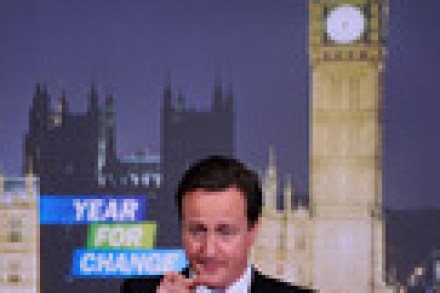Oh dear, Gordon’s done it again
The knicker-bomber must love this. Twice Gordon Brown has jumped on the bandwagon and bounced straight off on both occasions. Sky News reports that the UK did not pass vital information to the US, despite the claims of a Downing Street spokesman. Here’s the key section: ‘During a briefing to journalists today, the Prime Minister’s spokesman said: “There is no suggestion the UK passed intelligence to the US that they did not act on.” But Sky’s political correspondent Joey Jones said it had been an “awful” briefing. “He tried to clear things up but only succeeded in muddying the waters still further,” Jones said. “After he read Downing Street’s statement,














